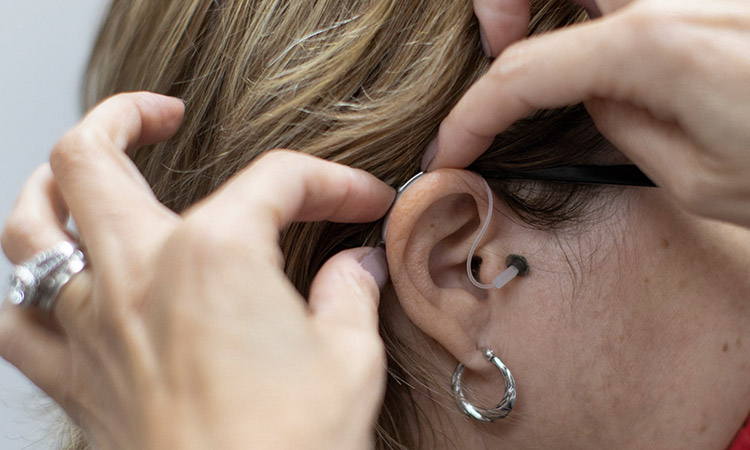Norovirus: what is the winter vomiting bug and how can it be treated?

The main symptoms of the winter vomiting bug include feeling sick, diarrhoea and vomiting. TNS
While many revel in the arrival of the colder months, excited to join in the celebrations of the festive period, others will have to cope with the unpleasantness of norovirus.
Otherwise known as the “winter vomiting bug”, it is estimated that the health condition affects between 600,000 and a million people in the UK every year.
It is one of the most common forms of stomach bug in the UK and frequently causes cases of gastroenteritis among adults.
Here is everything you need to know about norovirus:
Symptoms of norovirus usually appear within one to two days of becoming infected, but can also appear within 12 hours, the US Centres for Disease Control and Prevention (CDC) states.
The NHS outlines that the main symptoms of the winter vomiting bug include feeling sick, diarrhoea and vomiting.
Those who have been infected may also experience a temperature of 38C or above, a headache, aching limbs and painful stomach cramps.
Photo has been used for illustrative purpose.
How long does it last?
According to the NHS, those who are suffering from norovirus should expect to feel better after two or three days.
The health service advises staying home from school or work until symptoms of the condition have stopped for two days.
Furthermore, it is recommended that infected persons refrain from visiting anyone in hospital until they are in the all-clear.
The NHS recommends seeking medical advice if symptoms haven’t improved after a few days, if the infected person has a serious underlying medical condition such as kidney disease and if they are exhibiting symptoms of severe dehydration.
How can it be treated?
While there is no treatment for norovirus, the NHS advises that affected adults and children drink lots of fluids to avoid becoming dehydrated.
“You need to drink more than usual to replace the fluids lost from vomiting and diarrhoea – as well as water, adults could also try fruit juice and soup,” the health service states.
Providing fizzy drinks or fruit juice to children with norovirus could worsen their diarrhoea, and adults looking after babies suffering from the condition are advised to continue feeding them as usual.
The NHS states that if those with norovirus feel like eating, they should opt for plain foods including soup, rice, pasta and bread.
Furthermore, patients are urged to rest and take paracetamol to treat a fever or any aches they are experiencing.
Special products can be purchased from pharmacies to treat dehydration. For more information on treating dehydration, click here.
How can you avoid catching or spreading norovirus?
Norovirus is highly contagious and can be spread very easily.
The stomach bug can be caught by being close to a person who is infected; touching surfaces or objects that have been in contact with the virus and then touching your mouth; and eating food that has been handled by a person with norovirus.
The NHS advises washing your hands regularly with water and soap in order to prevent the illness from spreading.
The health service adds that alcohol hand gels do not kill the virus.
It is also advisable to wash any items that may have become contaminated – such as bedding and clothing – in a hot wash.
The Independent








